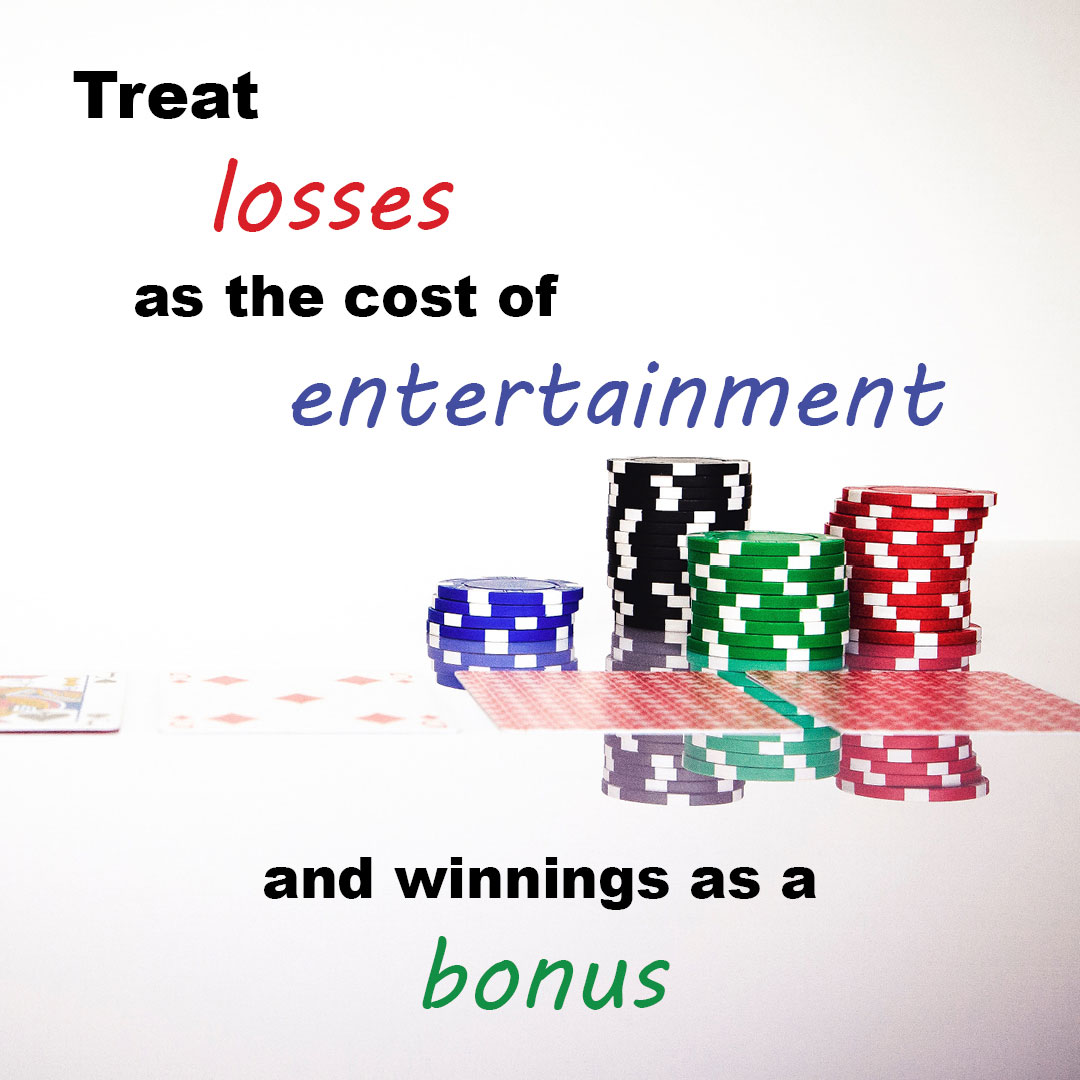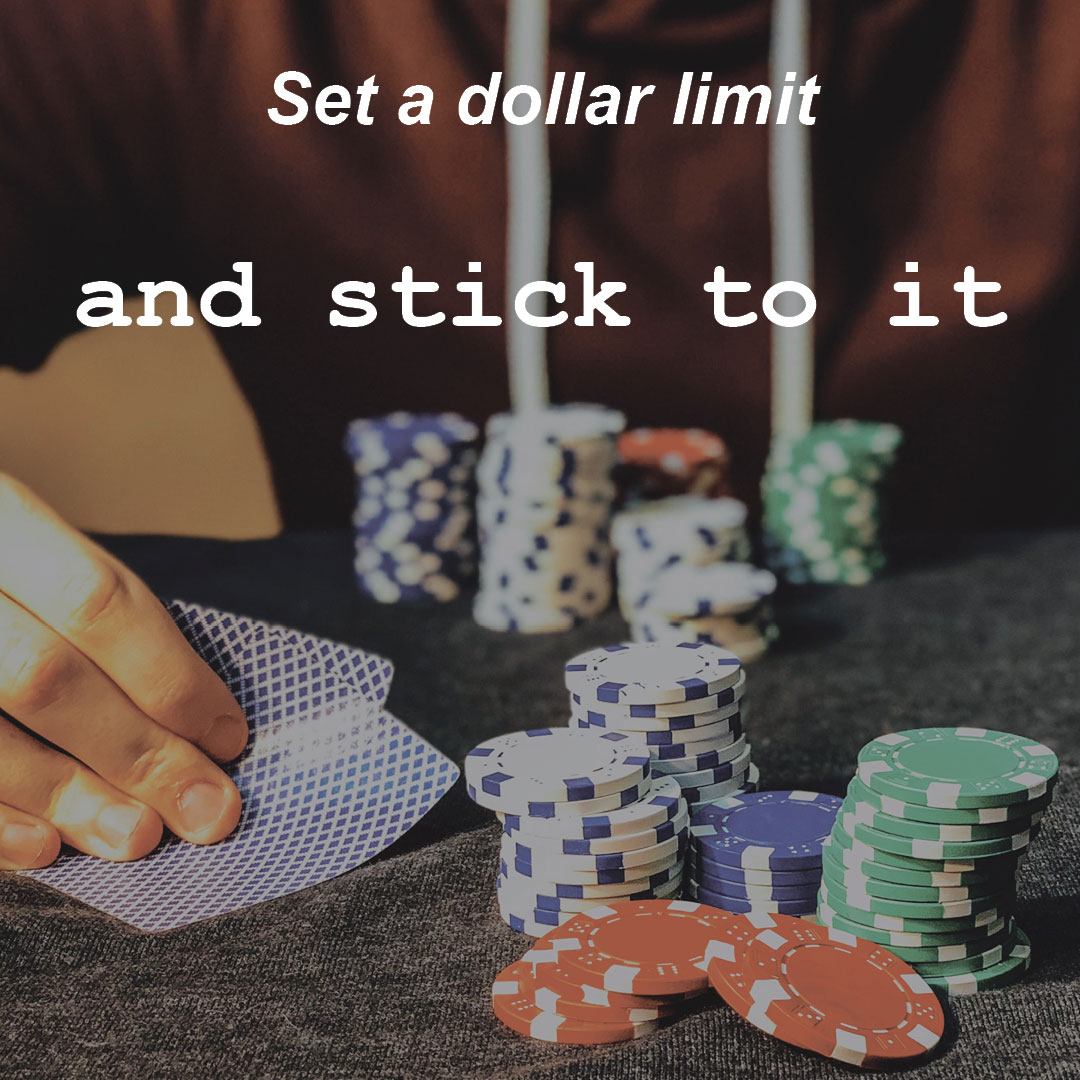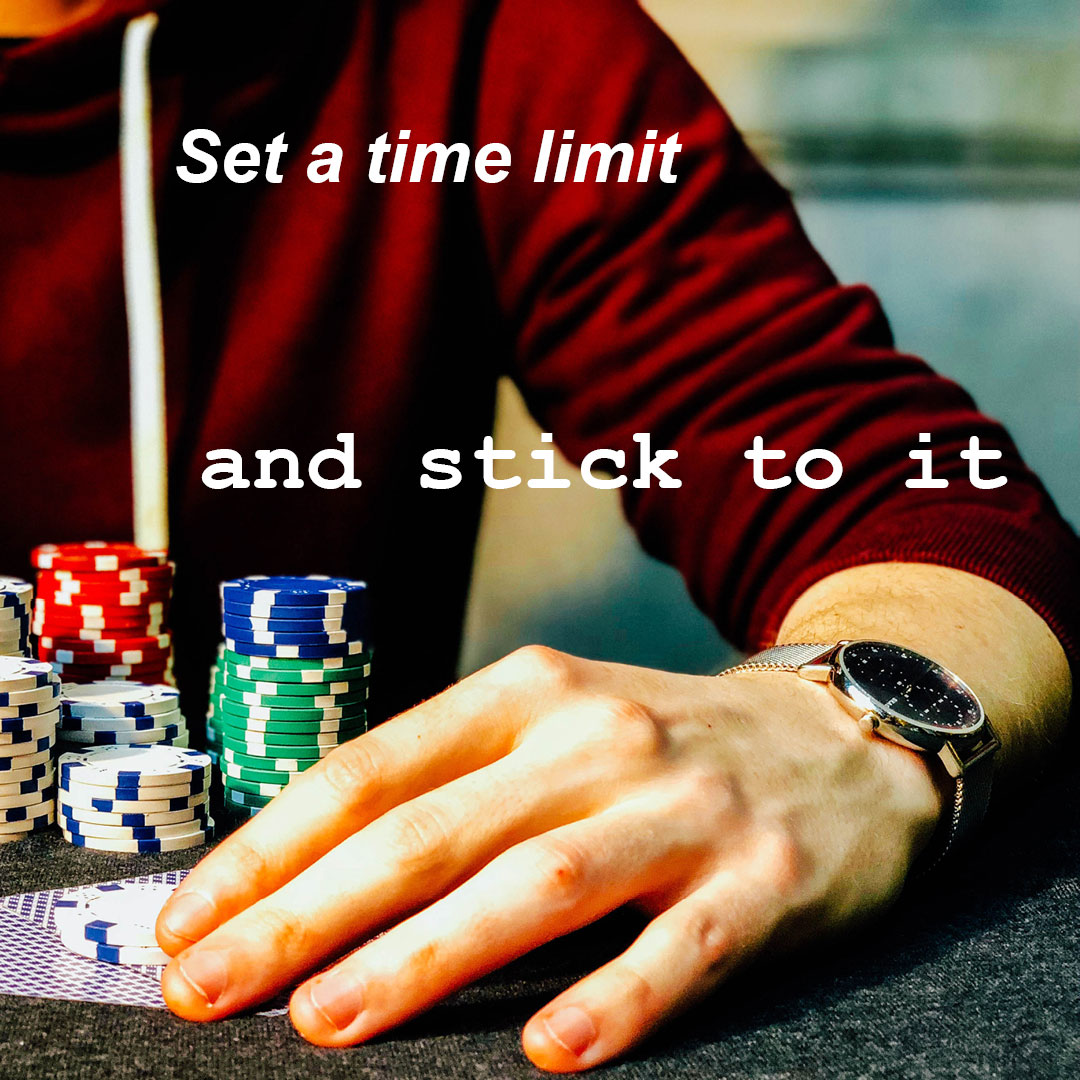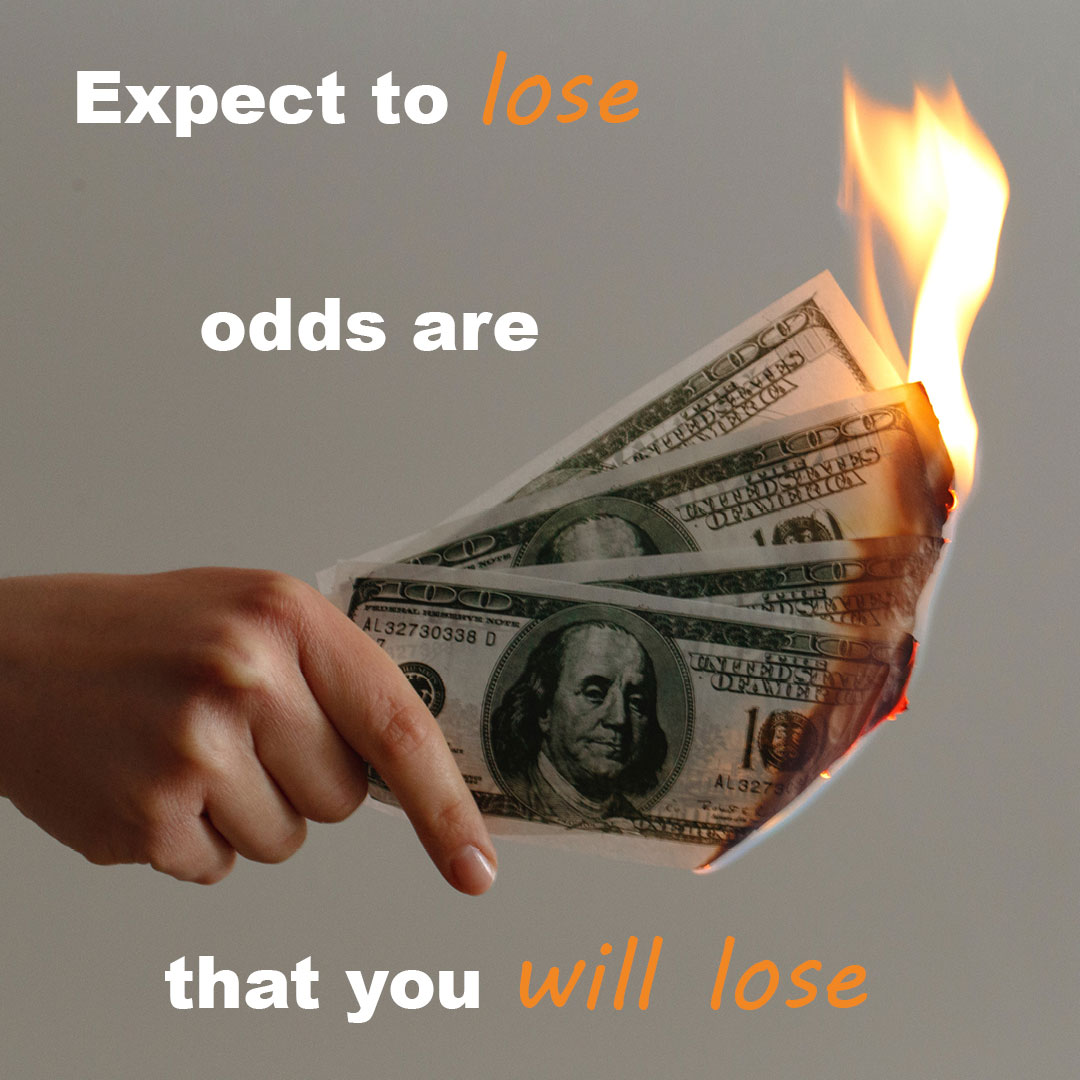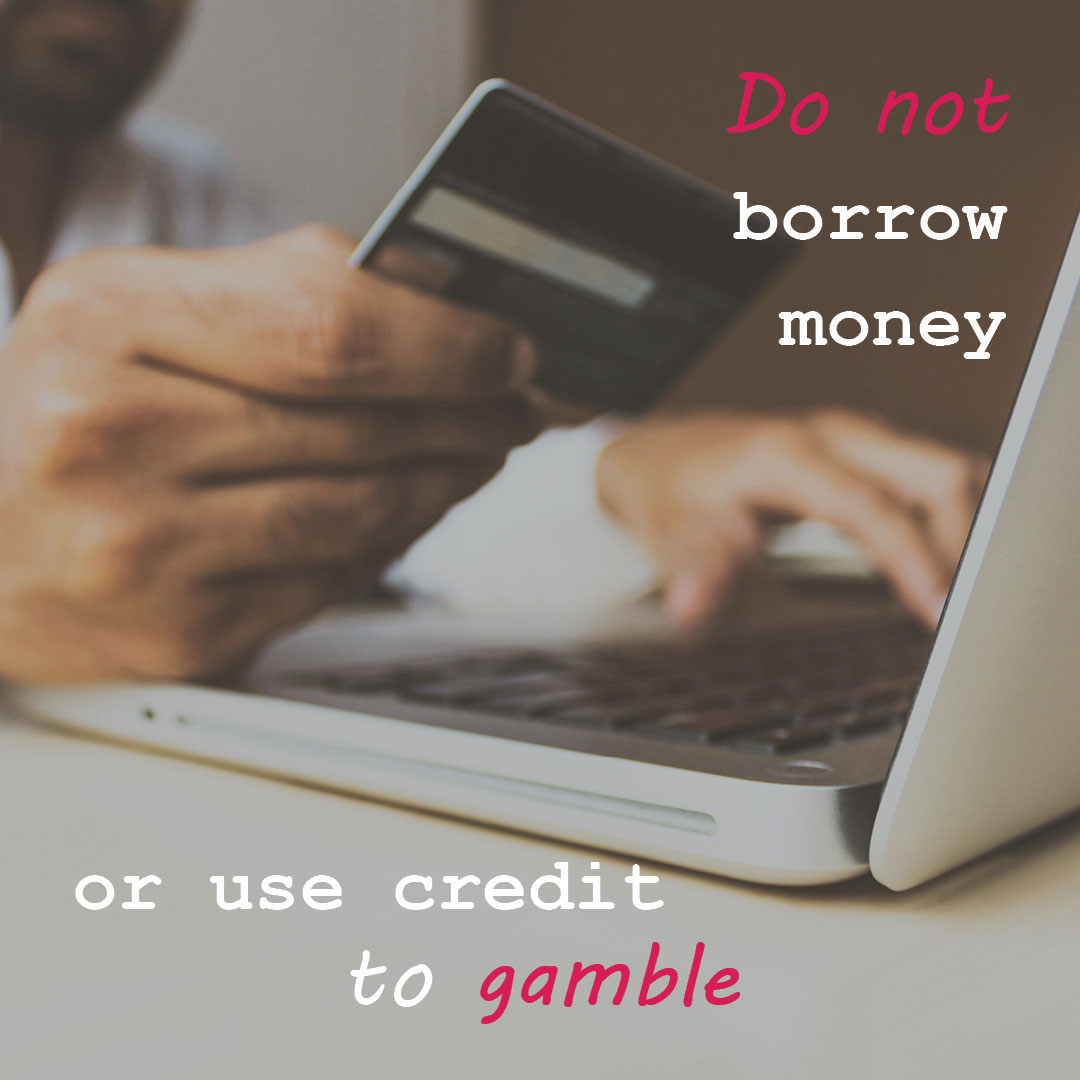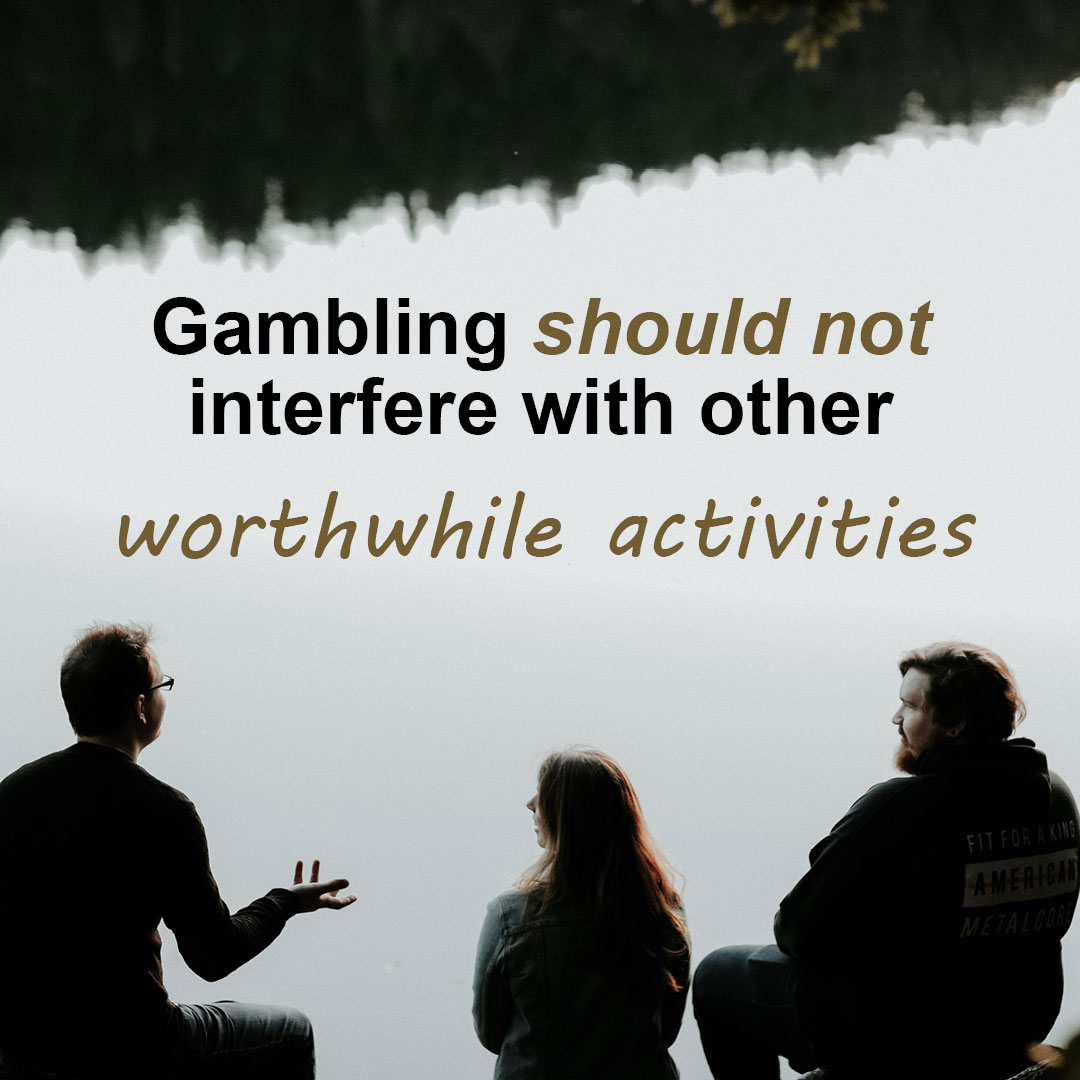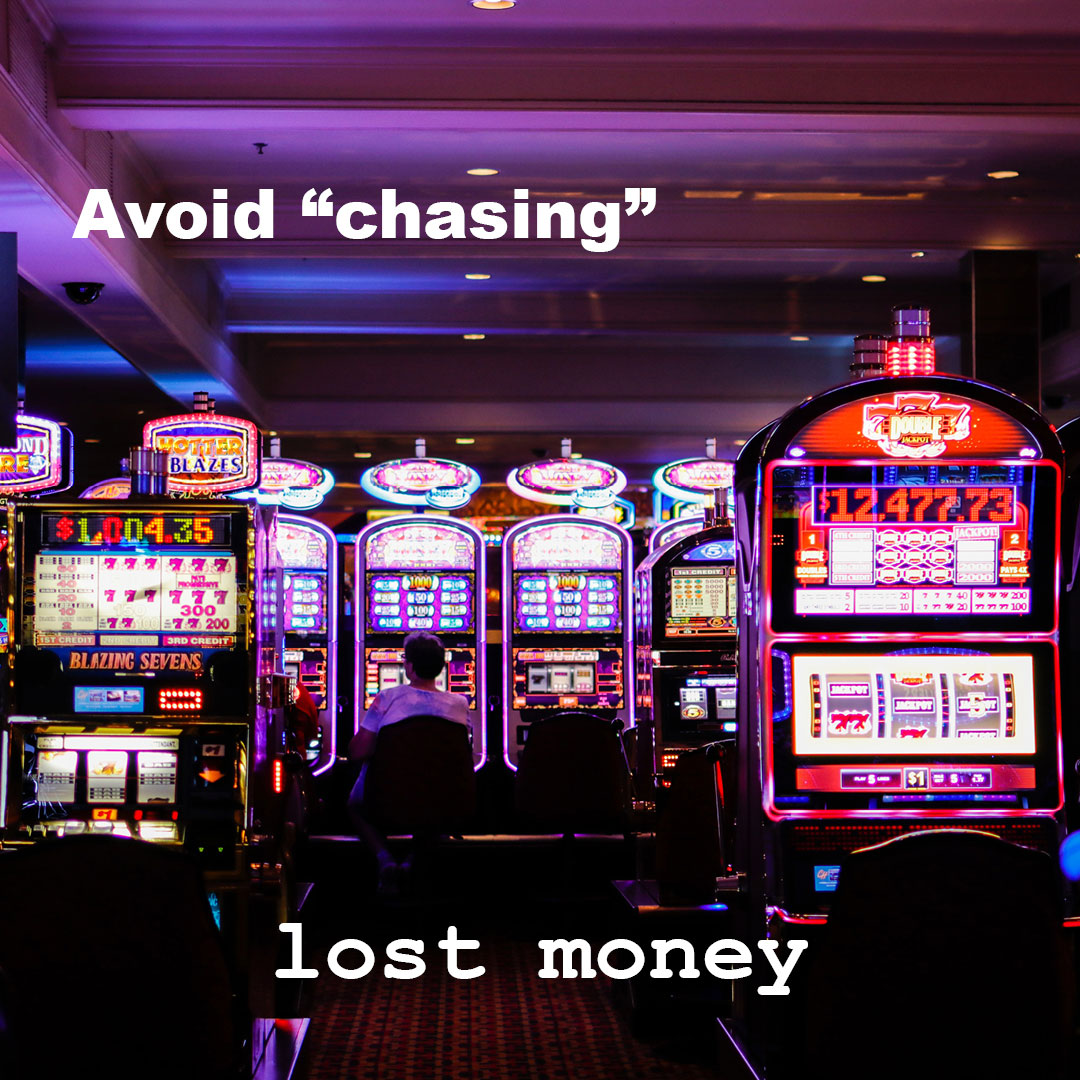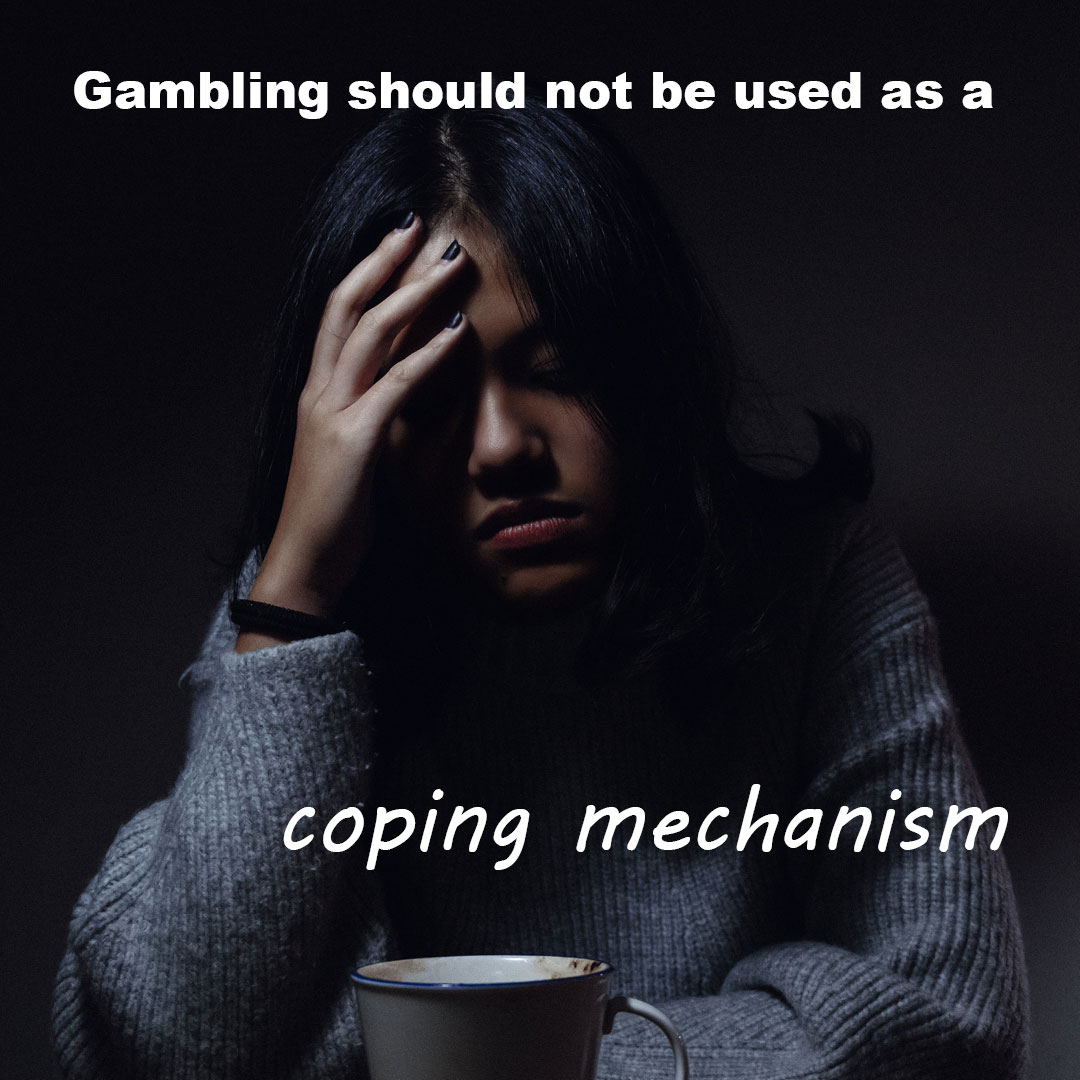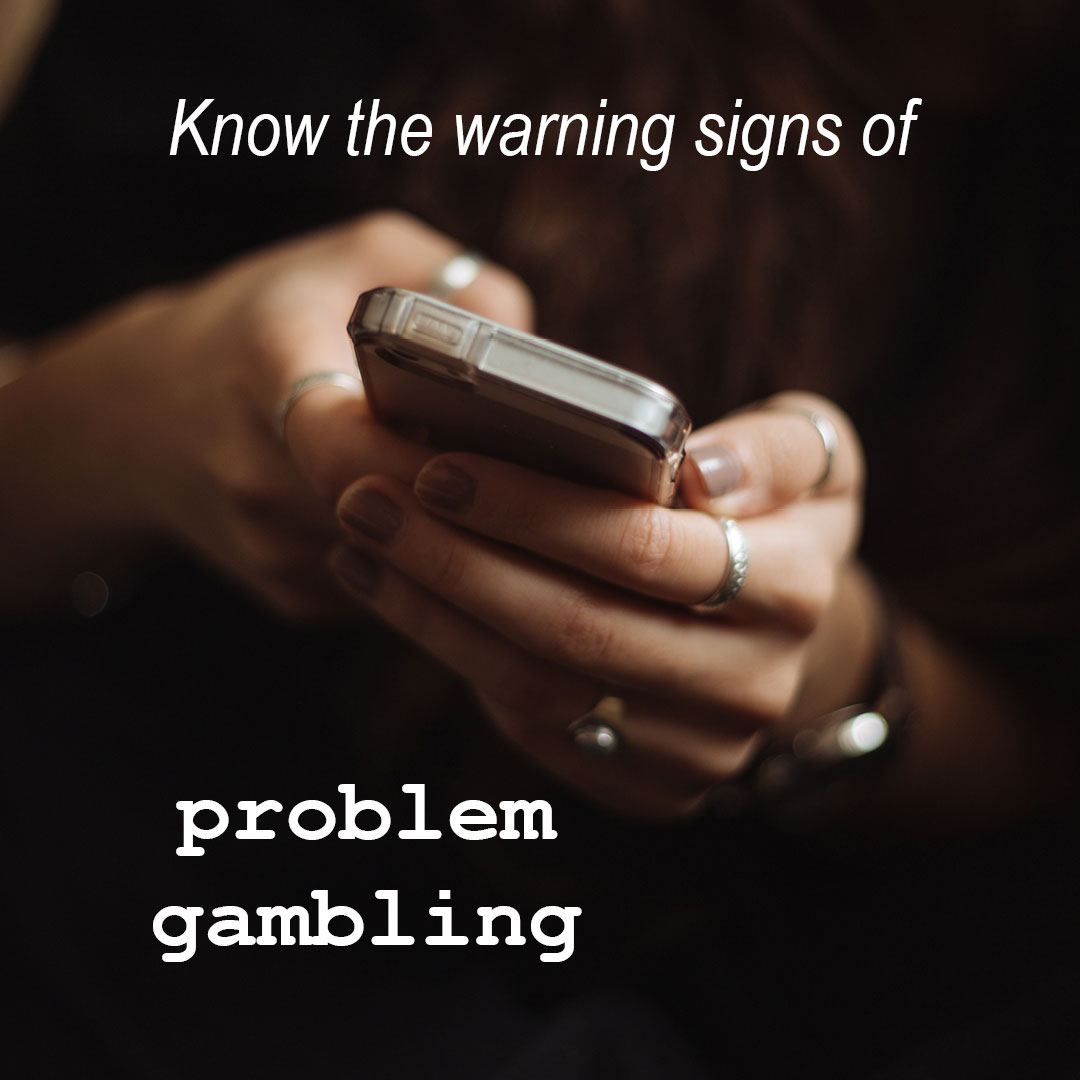What is Gambling?
Gambling is the wagering of money or something of material value with an uncertain outcome in the hope of winning something of greater value. Examples include playing cards or video games for money, buying raffle tickets, and betting on the outcome of a sporting event.
Gambling is a form of entertainment when done responsibly. However gambling does carry risk and may turn into problem gambling or disordered gambling.
Responsible Gambling
Describes the ways games of chance are both offered and participated in a socially responsible way that lowers the risk of gambling harm.
Problem Gambling
Continuation of gambling activities despite personal, social, or financial consequences that do not reach a diagnostic level of disordered gambling.
- Over 5,800 Oregon youth are considered at-risk or already engage in problem gambling
- Brain research suggests that problem gambling influences the brain’s functioning by activating the brain’s reward system in much the same way as a drug does, impacting development
- Problem gambling lowers the ability to control one’s actions and impairs decision making
- Problem gambling is associated with other mental health conditions like depression, anxiety, and problematic substance use
- Oregon 11th graders who reported gambling had higher rates of:
- skipping school,
- being in a physical fight,
- sad for 2+ weeks, and
- using alcohol, marijuana and other drugs.
Disordered Gambling
Clinical term based on the nine criteria by the American Psychiatric Association and can be summarized by: gambling with increasing amounts of money, restless or irritable when not gambling, unsuccessful attempts to control or stop gambling, preoccupied with gambling, gambling to relieve stress, chasing losses, attempting to hide gambling, damaged relationships, and borrowing money to overcome financial situations.
- Over 84,000 Oregonians are estimated meet the clinical diagnosis for a gambling disorder
- For each disordered gambler, many others are affected (spouses, children, etc.)
- “pathological gamblers affect the lives of 8-10 other people” (Petry NW, 2007)

Hope in Oregon
Problem gambling can be prevented. First, people may always choose to NOT gamble and many make this choice.
If people do choose to gamble, one way they can prevent problem gambling is by having guidelines for gambling responsibly and sticking to them. A recent survey shows us that:
- MOST (75%) Oregon high school students do not gamble in a typical month
- MOST (76%) Oregon adults agree people under the age of 21 should not gamble
- MOST (87%) Oregon adults agree if people choose to gamble, they should have their own personal guidelines for gambling responsibly
- MOST (73%) Oregon adults would want someone to intervene if they had a problem with gambling
- MOST (87%) of Oregon adults agree if people choose to gamble, they should have their own personal guidelines for gambling responsibly
Responsible Gambling Guidelines
Drinking while gambling carries additional risk. Know the costs of gambling: www.oregonlottery.org/play-responsibly
Signs of Problem Gambling
- Preoccupied with gambling
- Gambling more frequently or for longer than intended
- Secretive about his/her gambling habits, and defensive when confronted
- Increasing bet amounts when gambling in order to achieve the desired excitement
- Trying unsuccessfully to control, cut back, or stop gambling
- Restless or irritable when not gambling
- Gambling to escape problems
- “Chasing” losses with more gambling
- Lying to family and others about the extent of gambling
- Distancing or isolating from family or friends
- Committing crimes to finance gambling
- Jeopardizing or losing relationships, jobs, education or career opportunities because of gambling
- Relying on others to bail them out to relieve a desperate financial situation caused by gambling
What if I’m worried about someone?
- First, choose a comfortable place where you feel safe and will not be interrupted
- Then, keep it simple and straightforward
- Tell the person you care about her and you are concerned about how they are acting
- Tell the person exactly what they’ve done that concerns you
- Tell the person how their behavior is affecting other people – be specific
- Be clear about what you expect from them, “I want to talk to someone about your gambling” and what they can expect from you, “I won’t cover for you anymore”

Resources
There are many resources available in Oregon. Offering a resource might be something we offer at the end of a conversation we’re having with someone about their gambling. The Oregon Problem Gambling Resource is full of tools for us. It has prevention information such as the warning signs of problem gambling, and guidance on having these difficult conversations with others. Professional support is available through text, online chatting or by phone. It’s anonymous, confidential and free. Again, free treatment available for Oregonians experiencing problems with gambling.
- Oregon Problem Gambling Resource (OPGR.org)
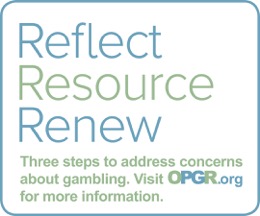
- Prevention resources (guidelines for responsible gambling)
- Signs of a problem
- Self evaluations
- Conversation guides for loved ones
- Helpline: 1-877-695-4648 (MY-LIMIT) / Text: 503-713-6000
- All calls are free
All calls are confidential
Call anytime, 24 hours a day
- All calls are free
- Treatment Services
- Free for Oregonians who are experiencing problems with gambling


